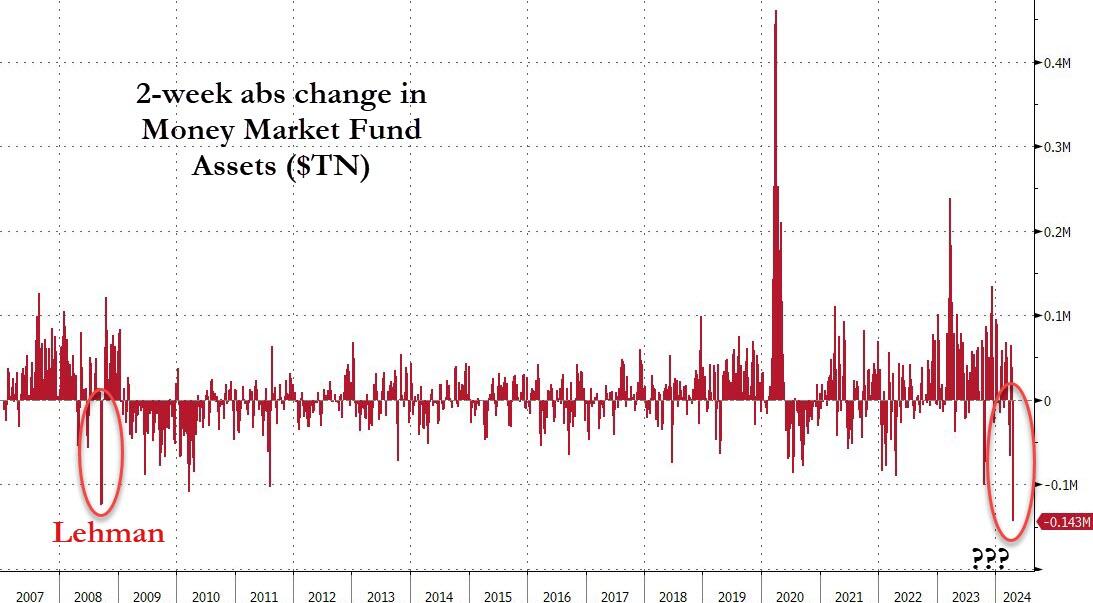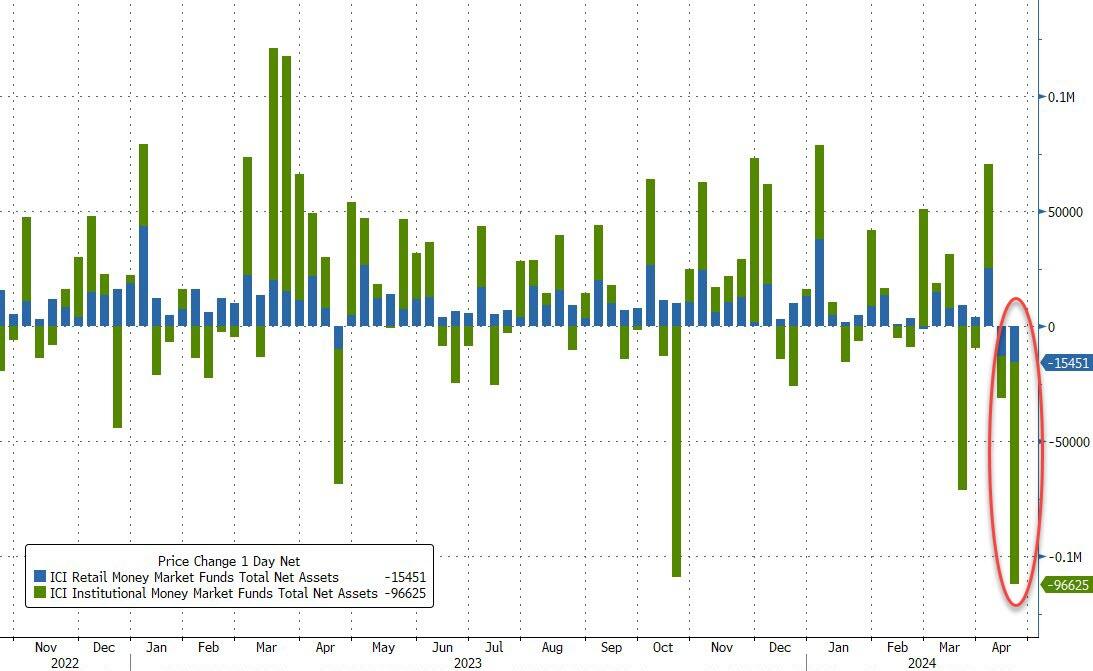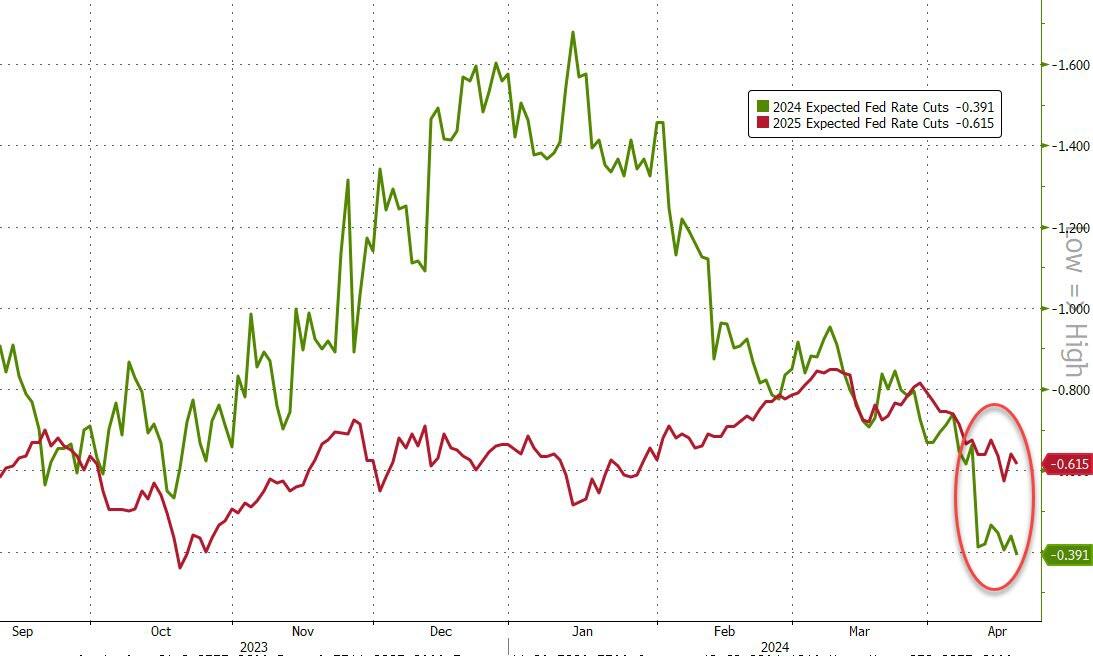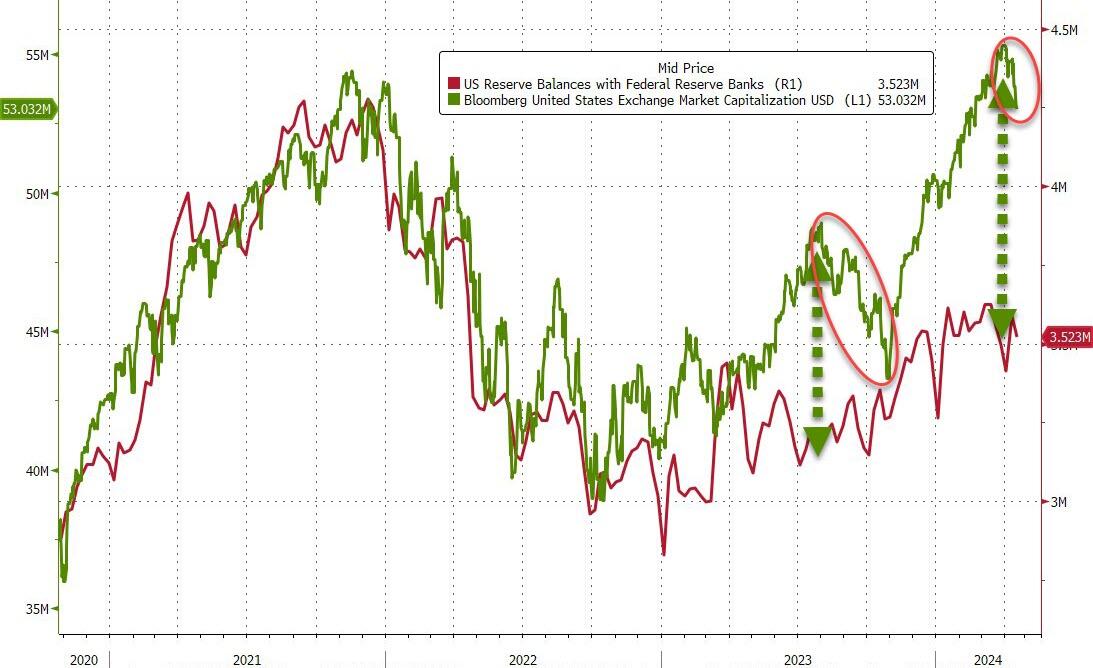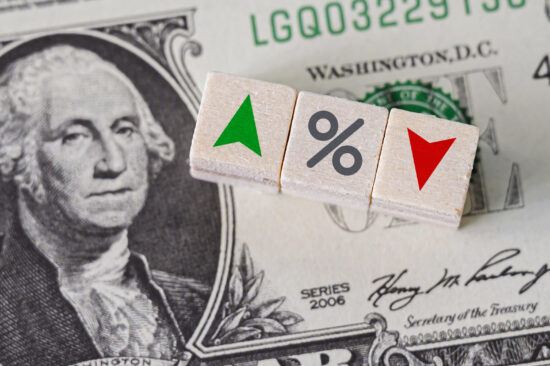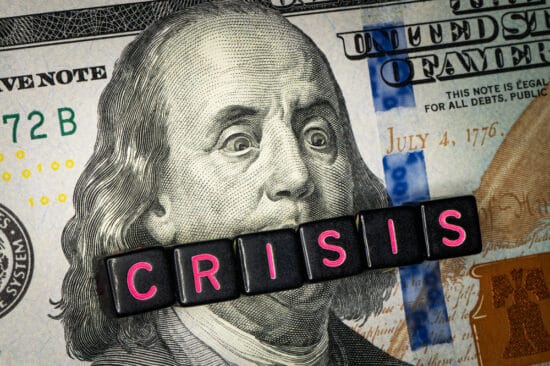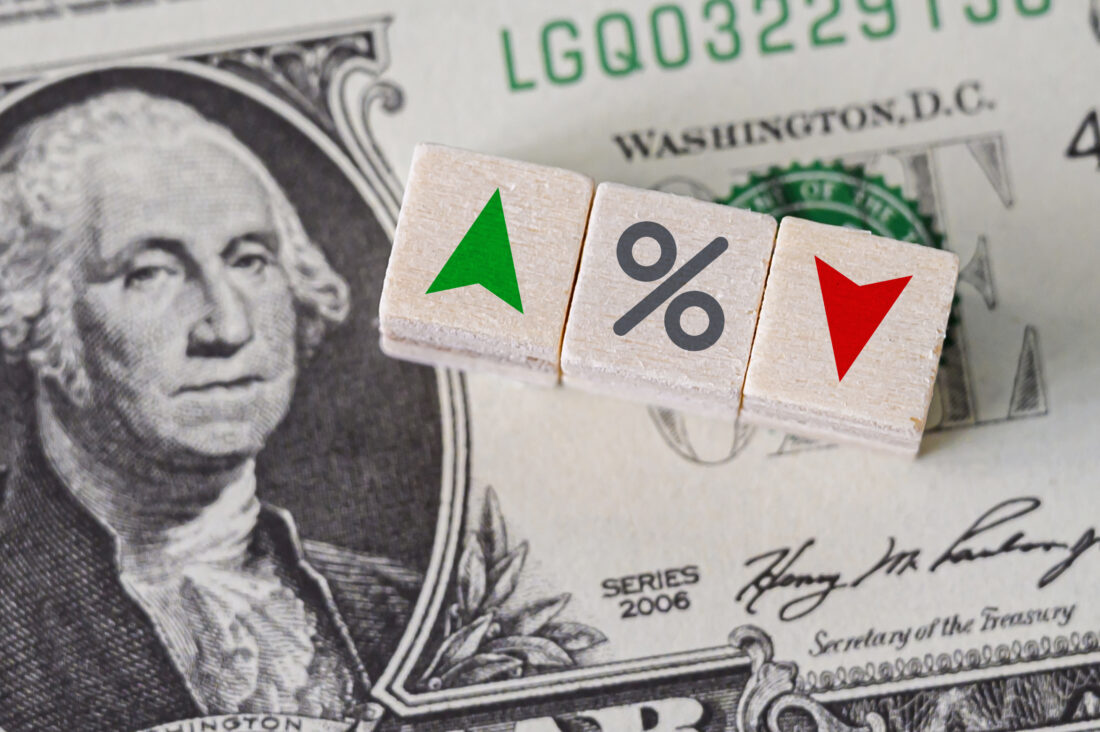
Alarm Bells Ring as Money-Market Funds Experience Historic Withdrawals
Total money-market fund assets plunged by $112BN in the last week as Tax-Day demands took the total assets below $6 Trillion for the first time sine January (to $5.97 Trillion)...
Source: Bloomberg
Corporate taxes collected from April 11 through April 17 totaled $100.7 billion, Treasury data show.
While Tax-Day's impact matters obviously, we note that this is the largest weekly drop in money-market fund assets since Lehman (Sept 2008) and the biggest two-week drop (-$143BN) on record...
Source: Bloomberg
Much of the decline in money-market fund assets was led by institutional outflows that totaled $96.6BN in the week ended April 17 - the largest drawdown since an extended tax-filing deadline in mid-October. Retail investors pulled about $15.5 billion out of money-market funds../.
Source: Bloomberg
In a breakdown for the week to April 17, government funds - which invest primarily in securities like Treasury bills, repurchase agreements and agency debt - saw assets fall to $4.8 trillion, a $99 billion decline.
Prime funds, which tend to invest in higher-risk assets such as commercial paper, meanwhile, saw assets fall to $1.01 trillion, a $12 billion decline.
Still, cash is expected to continue piling into money funds as long as the Federal Reserve keeps rates on hold - and this week has seen rate-cut expectations tumble further...
Source: Bloomberg
The Fed's balance sheet shrank to its smallest since February 2021...
Source: Bloomberg
As The Fed starts discussing tapering QT and usage of The Fed's bank bailout facility (now expired but these are 12 month term loans) fell by $4.1BN more to basically erase all the late-period arb-driven inflows, leaving a huge $126BN hole in bank balance sheets still being filled by this...
Source: Bloomberg
Finally, we note that bank reserve at The Fed slipped last week as it appears the reality for US equity market cap is starting to dawn...
Source: Bloomberg
While there may be no rate-cuts anytime soon... will The Fed taper QT in a big enough manner to avoid that recoupling?
This article originally appeared on Zero Hedge
sign up for the newsletter
By signing up, you agree to our Privacy Policy and Terms of Use, and agree to receive content that may sometimes include advertisements. You may opt out at any time.



